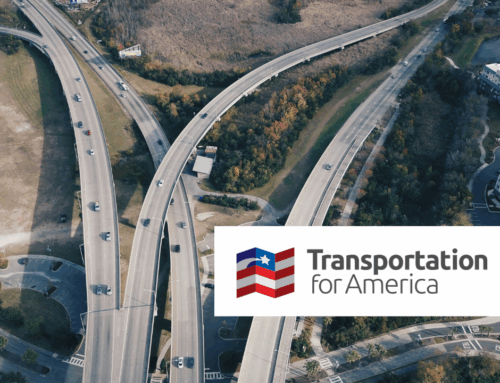The House Transportation and Infrastructure Committee’s Water Resources Reform and Development Act of 2013, H.R. 3080, fails to adequately address the fiscal challenges facing the nation’s inland waterways investments.
On the inland waterways system, users are currently responsible for 50% of the costs for construction and major rehabilitation of projects that make commercial navigation feasible. They pay $0 a year for operations and maintenance of this system. These facts result in a nearly 90% taxpayer subsidy for inland waterways.
Aligning Spending with Revenue
Commercial waterways users have a spending appetite that greatly exceeds their revenue stomach. H.R. 3080 calls for increased spending on inland waterways, by pointing to an industry created 20 year, $7.5 billion capital investment strategy, without providing guidance on a realistic means of aligning revenues to meet the billions of dollars in increased spending.
Where H.R. 3080 falls short:
- Calls for Studies of Financing Proposals Congress has Flatly Rejected
- Pushes a Capitalization Plan Without Identifying Responsible Means of Generating Revenue
- Threatens Fundamental Cost Share Rules by Reducing Users’ Share for the $3 billion Olmsted Project
DeAuthorization, Devolotion, or Decommissioning
The Corps is stretched too thin to meet its primary mission needs of navigation, flood and storm damage reduction, and environmental restoration. Through mission creep and a legacy of earmarking, the Corps has an estimated backlog of authorized yet unconstructed projects exceeding $60 billion and an annual construction budget of less than $2 billion. Congress needs to take bolder steps at reducing the backlog.
Where H.R. 3080 falls short:
- Expressly deauthorizes only a handful of dinosaur projects – Average age of deauthorized projects is 97 years (first authorized from 1843 – 1962)
- Establishes a deauthorization process with a goal of $12 billion while authorizing roughly $10 billion leaving the backlog almost fully intact
- Prevents all $29 billion of projects authorized in WRDA2007 from being evaluated for deauthorization.
Prioritization
In the midst of sequestration and facing years of constrained federal budgets, taxpayers need Congress to look critically at our infrastructure investments and authorize and fund only those that most efficiently meet national needs. H.R. 3080 fails to include a Congressionally-created system of project prioritization.
Where H.R. 3080 falls short:
- Identification of future project needs is left to non-Federal sponsors and the Corps with little guidance
- The bill fails to tie authorizations to realistically anticipated levels of appropriations
H.R. 3080 is a missed opportunity for Congress to set priorities for our nation’s infrastructure investments.
Read more about irresponsible approaches to the inland waterways trust fund: Golden Fleece: The Riverboat Ripoff










